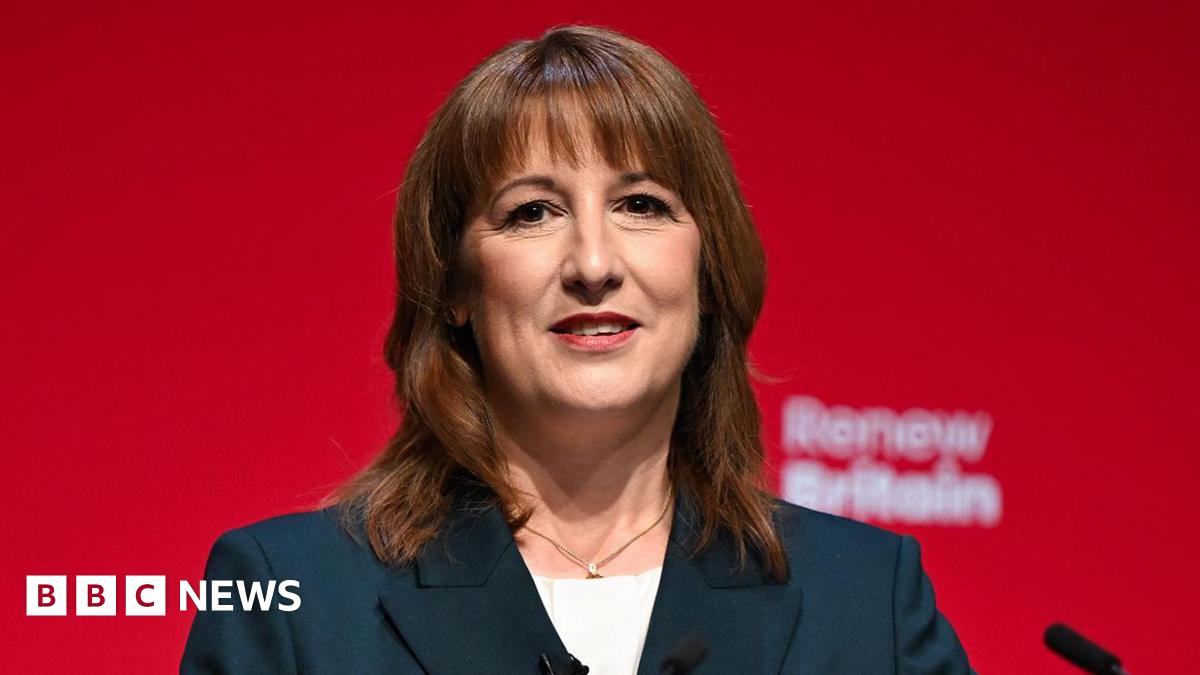The markets seem to be reassessing their view here and around the world.
The effective interest rates on UK government debt fell sharply, regardless of whether those loans were for two or for 30 years. Ten-year rates fell to the lowest level this year, while two-year rates dropped to the lowest since last August.
This could save a few billion from the gap in the Budget calculations, at just the right time for the chancellor.
Even more important, it shows the UK is not being treated as an outlier by the markets.
The chancellor went to some effort in her off-the-cuff UK sales pitch to worldwide investors in the US last week.
Britain was, she said, the best place to invest and trade globally, that she was going to sort out Brexit-related economic problems and the UK had the fastest declining deficit in the G20.
The Budget is going to be a challenge, but catastrophic suggestions about British bankruptcy and bailouts seem quite spectacularly off the mark, assuming that is, that the government does have nearly 400 MPs for its agenda.
No one wants to be caught on the wrong side of the very real chance of a tech market crash, or unpredictable spike in the US-China trade war, or perhaps any unexpected innovations in the appointment of the new chair of the Federal Reserve in the US.
The inflation number and gilt rate falls offer the chance of some respite, for a break in the circle of doom.
The question is whether the tax measures Reeves needs to close even a smaller Budget gap, risk bringing it back through another door.

